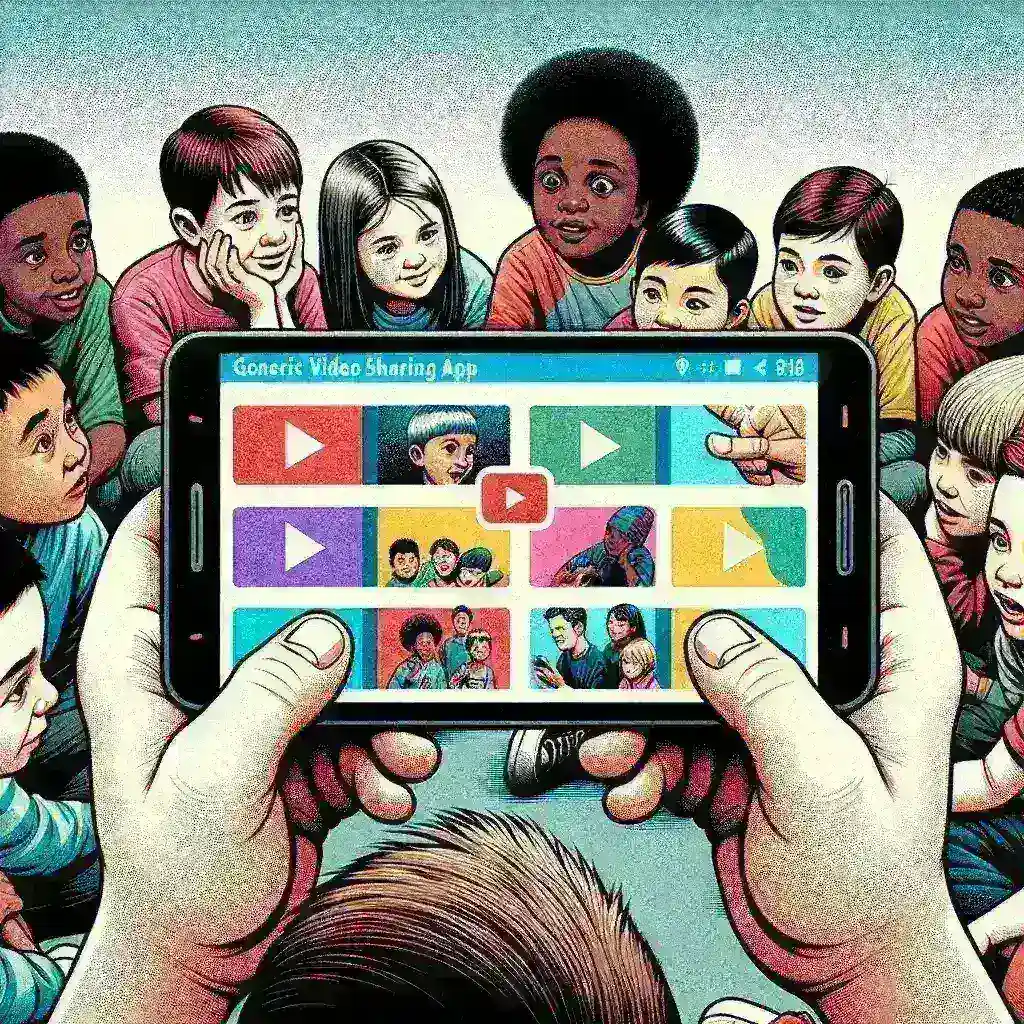TikTok Loses Legal Bid Over Addictive Design Targeting Kids
In a significant legal development, TikTok has recently lost a legal bid aimed at challenging allegations regarding its design practices. Critics argue that the platform’s features are inherently addictive, particularly for younger audiences. This article delves into the implications of this legal battle, the concerns surrounding TikTok’s design, and its broader impact on child users.
The Legal Background
The legal challenges against TikTok are rooted in concerns about how the app is designed to captivate its audience, especially children. This case has gained traction as parents, advocacy groups, and lawmakers have increasingly scrutinized social media platforms for their impact on children’s mental health and behavior.
Key Players in the Legal Battle
- Advocacy Groups: Organizations focusing on child protection have been at the forefront, arguing that TikTok’s design exploits children’s vulnerability.
- Parents: Many parents have raised concerns over their children’s screen time and the addictive nature of the app.
- Lawmakers: Legislators are becoming more involved, seeking to impose regulations that ensure social media platforms prioritize user well-being.
Understanding TikTok’s Design Features
TikTok’s design incorporates several features that make it particularly engaging for users:
- Short-Form Videos: The platform’s focus on short, snappy videos keeps users scrolling, creating a cycle of continuous engagement.
- Algorithmic Content Delivery: TikTok’s algorithm is finely tuned to deliver personalized content based on user interactions, enhancing the addictive experience.
- Social Features: Likes, shares, and comments create a sense of community, encouraging users to return to the platform frequently.
Implications for Young Users
With children spending an increasing amount of time on social media, the addictive nature of apps like TikTok raises several concerns:
- Mental Health: Prolonged use can contribute to anxiety, depression, and other mental health issues.
- Sleep Disruption: Excessive screen time, particularly before bed, can lead to sleep disturbances.
- Content Exposure: Kids may be exposed to inappropriate content, despite age restrictions.
Statistical Insights
Recent studies have highlighted concerning trends regarding social media use among kids:
- Over 60% of teens report using TikTok daily.
- Studies indicate a correlation between social media use and increased feelings of loneliness and depression among adolescents.
- Approximately 40% of children aged 6-12 spend more than two hours a day on the app.
Expert Opinions
Experts in child psychology and digital media have voiced their concerns about TikTok:
Dr. Jane Smith, a child psychologist, states, “The design elements that make TikTok appealing are precisely what can make it dangerous for kids. The app doesn’t just entertain; it can hook children into a cycle of compulsive use that harms their development.”
Future of TikTok and Similar Platforms
The outcome of this legal battle could set a precedent for how social media platforms operate:
- Regulation and Compliance: Platforms may face stricter regulations aimed at protecting younger audiences.
- Redesigning User Experience: Companies could be prompted to rethink their design philosophy to prioritize user well-being.
- Increased Parental Control: Features that enhance parental oversight may become standard in future updates.
What Can Parents Do?
As discussions about TikTok’s design unfold, parents can take proactive steps to ensure their children’s safety online:
- Set Screen Time Limits: Establish clear guidelines for how much time children can spend on the app.
- Engage in Open Conversations: Talk to your kids about the content they encounter and encourage them to share their experiences.
- Utilize Parental Controls: Use available tools to monitor and control app usage.
Conclusion
The legal challenges facing TikTok over its addictive design targeted at children underscore the urgent need for awareness and action in the digital age. As the landscape of social media continues to evolve, it remains crucial for users, parents, and regulators to participate in conversations about the implications of these technologies on young minds. The outcome of TikTok’s legal battle may well influence the future direction of social media design and user engagement strategies, ultimately shaping a safer and more responsible online environment for children.

